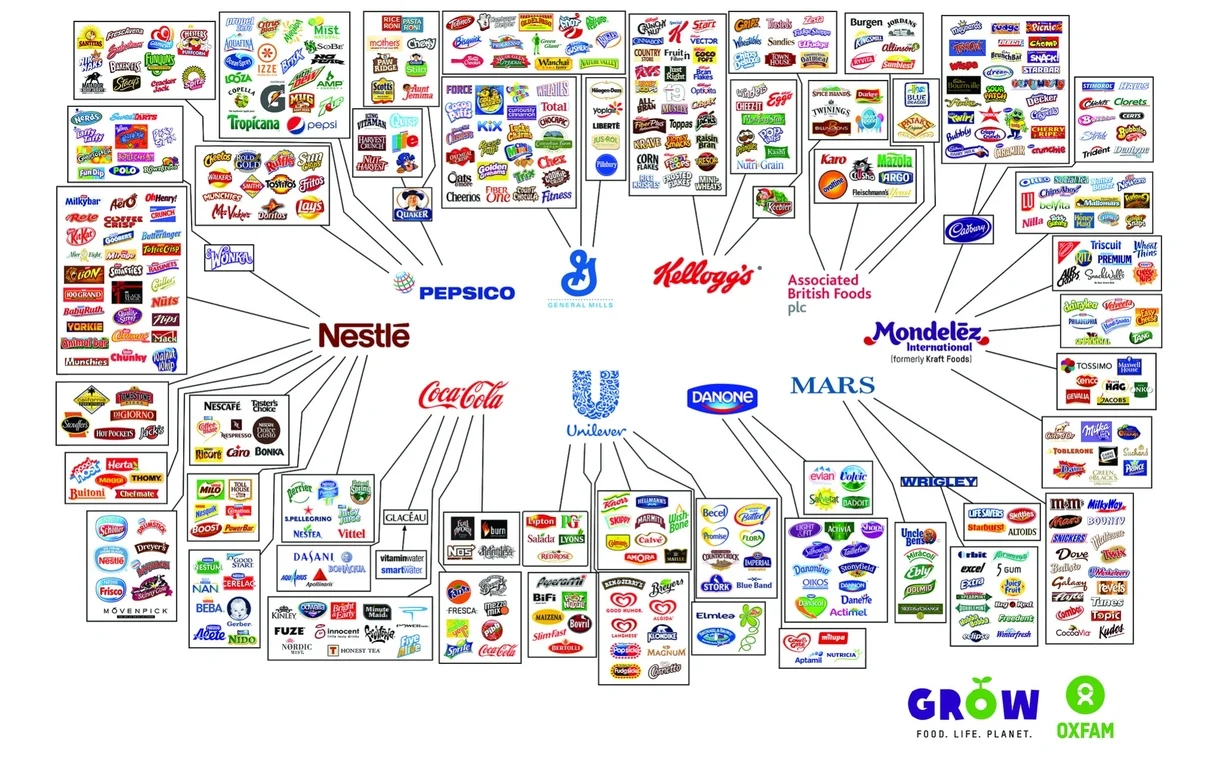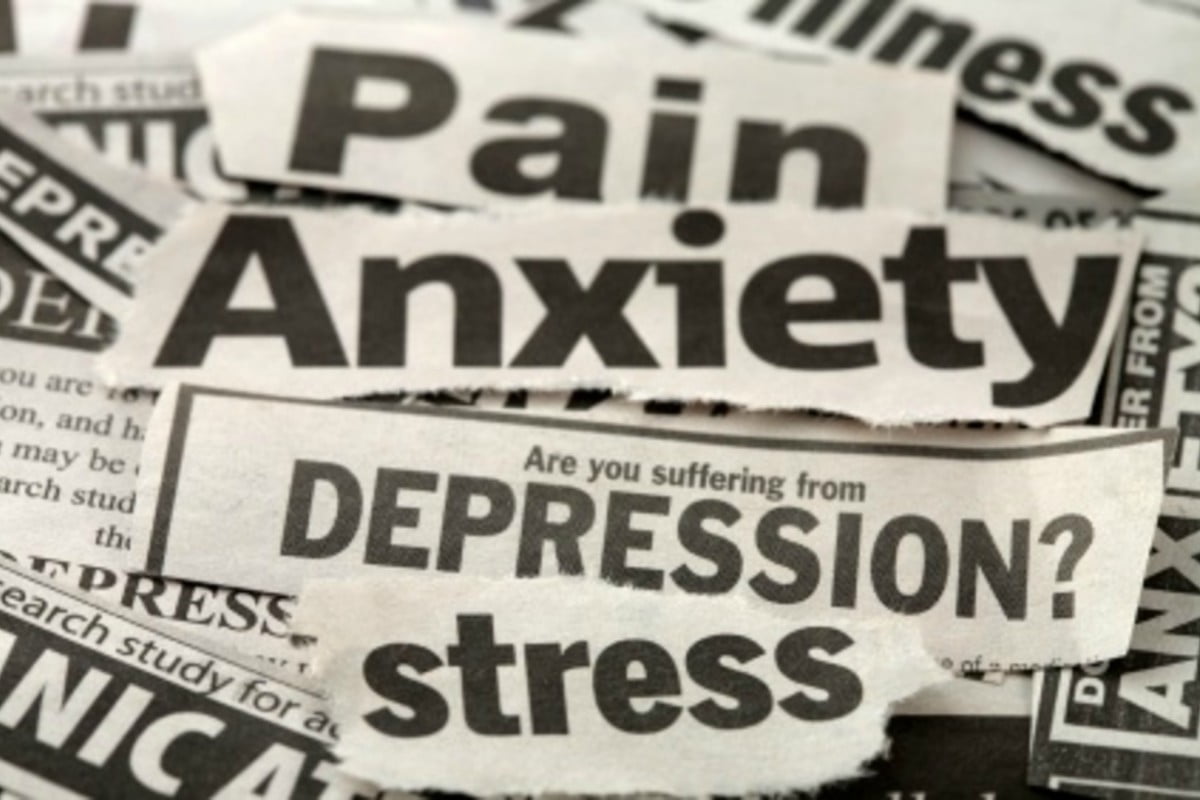Danish pharmaceutical firm Novo Nordisk has led the charge in a new medical gold rush, centred around weight-loss drugs. At one point worth more than Denmark’s GDP, the company has hit big by producing Semaglutide, more commonly known under its brand names Ozempic or Wegovy.
Fuelled by social media hype that preys on body-conscious viewers, and by public healthcare providers looking to reduce the costs of obesity-related conditions, demand for this latest wave of weight-loss medication has exploded since evidence of its potential impacts first emerged in 2021.
The result has been a windfall for Big Pharma. Novo Nordisk reported $3.5 billion in sales for the first quarter of 2023 alone. Pharmaceutical giant Pfizer took in $10 billion in the same period. And the whole drugs industry is licking its lips in anticipation of a feast of juicy profits.
Class question
Nearly 65% of adults in Britain are now classified as overweight or obese. Whilst this affects everybody to an extent, there is a strong class character to this question. Excess weight is generally 13% more prevalent in the poorest areas of the country versus the richest.
Due to sexist prejudices, meanwhile, amongst women, a one unit increase in BMI (Body Mass Index, a measure of body fat) correlates with a 1.83% decrease in hourly wages. According to the Economist magazine, for a woman suffering from obesity, losing weight can have the same impact on her earnings as earning a master’s degree.
Access to healthy, non-processed food is increasingly a luxury available only to those who can afford it. Such a diet is three times more expensive per calorie than one composed of highly-processed items.
Furthermore, for those having to work long hours or multiple jobs just to make ends meet, taking the extra time to prepare a nutritious meal often isn’t feasible.
All the while, multinational food monopolies collectively rake in over $1 trillion a year, taking advantage of these factors to flood supermarket shelves with fatty snacks, sweets, and drinks.
Fat profits
Celebrities and influencers may wax lyrical about the effectiveness of these drugs, but the ability to inject-yourself-skinny is one that comes with a hefty price.
The cost of these privately-produced weight-loss treatments puts them beyond the reach of most people. In Britain, a weekly dose of Ozempic will set you back £200. In the US, this figure goes up to $900.
Concerns have also been raised about whether a pharmaceutical route to tackling obesity is even desirable in the first place.
Semaglutide was originally intended as a diabetes treatment. It must be used weekly, otherwise its effects quickly wear off. Indefinite use is therefore required to see long-term effects regarding weight loss. And with public healthcare systems – i.e. taxpayers – footing the bill, this means endlessly fat profits for Big Pharma firms.
The potential for long-term side effects is also unclear. Some have been hospitalised as a result of using Ozempic, whilst others have developed pancreatitis and cancer.
Mental health
There is also the question of mental health. More than half of men and women in the UK feel negative about their bodies. In the US, more than 80% of 10-year-old girls have dieted over concerns about their looks.
In a society where not being thin comes with real material disadvantages; where the only food affordable is processed and unhealthy; and where exercising is a relative privilege, requiring time and money that many workers and youth simply don’t have – it is no wonder that so many people suffer from issues relating to their body image and mental health.
This is a part of a wider crisis in mental health – a crisis that is particularly acute amongst young people, who are increasingly suffering from afflictions such as depression, and who are becoming ever-more reliant on prescription medications or illegal drugs. NHS data, for example, shows a 41% rise in antidepressant use since 2015 amongst children aged just 5-12 years old.
The mental health crisis is a product of the alienation, isolation, and insecurity that capitalism breeds. The youngest generations today have grown up knowing nothing but climate catastrophe, war, and austerity.
The rise in antidepressant usage is also tied to the swathes of cuts that have been carried out to mental health services in recent years. 95% of GPs believe that mental health services are critically failing. 63% fear that their patients will come to harm through lack of treatment.
With growing waiting lists for comprehensive treatment, including therapy, overburdened health professionals instead fall back on ‘easy fix’ pills. And similarly, public healthcare providers today are hoping that weight-loss drugs can provide a seemingly easy – albeit expensive – solution to problems such as obesity, which really require wider social changes.
Sick system
When it comes to addressing the crisis in both mental and physical health, it is clear that the best that capitalism can offer is dodgy drugs that are out of reach for the majority of ordinary people.
In any case, why would the capitalists want a break with the status quo? The major pharmaceutical and food monopolies are profiting immensely from the insecurity and illness afflicting the working class.
The only real solution is to bring Big Pharma under public ownership and democratic workers’ control, alongside the food and fitness industries.
Through public canteens, affordable nutritious meals could be provided to everyone. Fully-funded public leisure centres and hospitals, meanwhile, would make exercise facilities and quality health services accessible to all.
Untested, overpriced weight-loss drugs would be made virtually obsolete, with everyone given the opportunity to live a healthy and happy lifestyle. For those requiring medication, meanwhile, this could be provided free of charge, as part of a fully-nationalised NHS.
To achieve all of this, we must tackle the real disease plaguing society: capitalism. It is time to get organised, join the communists, and overthrow this sick system.






